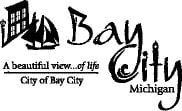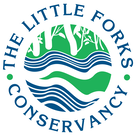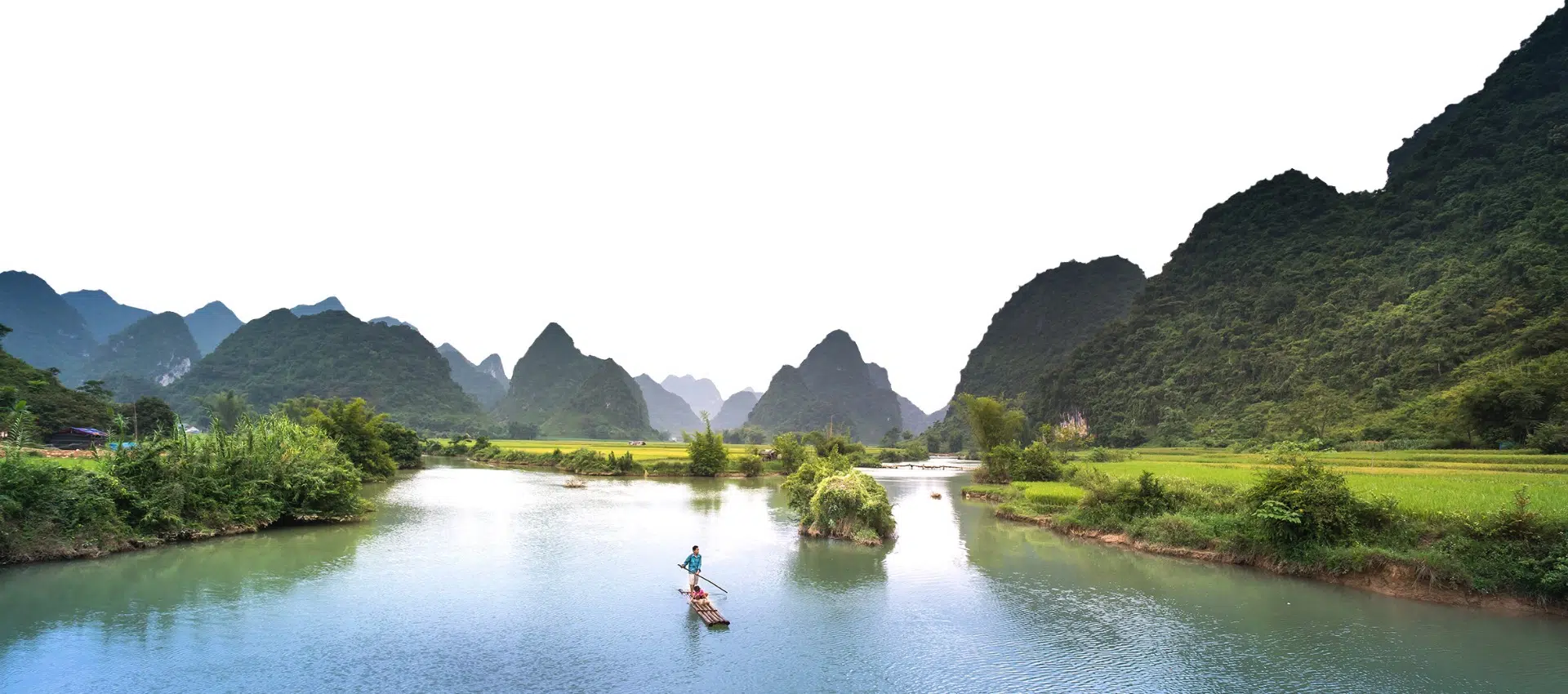PROJECT #21: INSTALLING MONOFILAMENT BINS
Solutions to Address Waste
Summer 2023 | Rivers in Midland, Bay City & Gladwin l Michigan
50
monofilmament containers installed in highly fished areas in Midland, Bay City, and Gladwin.
10
partners involved in making this program possible.
9 Million Miles
worth of fishing line recycled by the Berkley Conservation Institute, with the help of anglers everywhere, since 1990.
THE IMPACT OF RECYCLING FISHING LINE
Fishing line, when discarded or lost in natural environments, can have a significant and lasting impact on ecosystems. Inspired by Cash Daniels, our River Hero from The Conservation Kid, the Midland Rivers are Life team sought to bring his monofilament containers to the Great Lakes Bay Region.
Together, with Cash leading the way, the Midland community built 50 monofilament containers during local event, Midland Area River Days, the first weekend of August. All 50 of these containers have been installed on highly fished rivers in Midland, Bay City and Gladwin, Michigan. Partners monitor and maintain the containers and utilize ongoing support from Rivers are Life for any monofilament repairs or replacements.
Proper fishing line disposal is important. Here are five ways fishing line impacts nature:
1. Entanglement of Wildlife
Fishing lines, whether made of monofilament, braided, or other materials, can entangle various forms of wildlife, including birds, mammals, reptiles, and fish. Animals can become trapped by the line, leading to injury, reduced mobility, and in some cases, death.
2. Ingestion by Animals
Fishing line and related debris (such as hooks or lures) can be ingested by wildlife. Animals, especially marine species, may mistake fishing line for food.
3. Habitat Degradation
Fishing lines can contribute to habitat destruction in both terrestrial and marine environments. On land, abandoned fishing lines can accumulate in rivers, lakes, and wetlands, damaging plants and the delicate ecosystems that rely on those areas for sustenance and shelter.
4. Pollution
Fishing line, especially when it is made from synthetic materials like nylon or polyethylene, is not biodegradable and can persist in the environment for years to decades. This creates long-term pollution in waterways and coastal environments.
5. Spread of Invasive Species
Fishing gear, including lines, can inadvertently contribute to the spread of invasive species. Aquatic organisms can become attached to fishing lines, hooks, or other gear, and when this gear is transported from one body of water to another, it may facilitate the spread of non-native species. These invasive species can then outcompete local flora and fauna, further disturbing local ecosystems.
To learn more about Cash Daniels and his monofilament containers, watch The Conservation Kid.
PROJECT GALLERY











